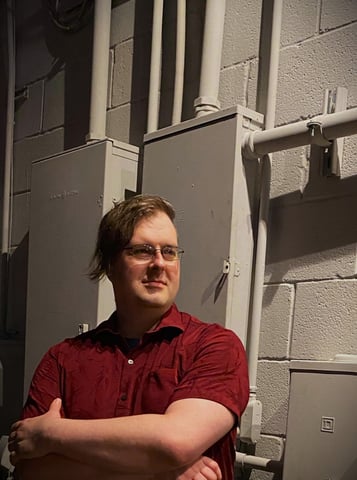Peer Support Groups


Peer support groups meet community members where they are and provide space to commiserate, exchange resources, and process difficult emotions. Peer support groups depend on a current or past member of that community or a trusted outsider to facilitate rather than a licensed counselor because they discuss shared life circumstances rather than mental health pathologies.
I went from attending dementia care support groups to facilitating them after my grandfather passed away. In addition to structured training by the Alzheimer's Association, I bring experience from dozens of co-facilitations before 2020, roughly 200 virtual group sessions since, and countless 1-on-1 conversations along the way.
More about my approach to support groups:
Holding space for others is a sacred responsibility, so I concentrate on serving the group as it exists in the present moment and minimizing my own thoughts and feelings.
I like to open with an inviting to all participants to introduce themselves and any topics on their mind, then I organize these topics and try to get to everyone in the time allotted.
When working with dementia care or the care of other health conditions, I like to enter the space with plenty of information to share. If questions arise that no one can answer, I follow up with research to help participants find the answers they seek.
In dementia care support, I have specialized in working with young adults, LGBTQ+ care partners, and care partners whose loved ones have moved into memory care.
While I am most seasoned in facilitating dementia care support groups, I have also facilitated groups centered on grief, unemployment, consulting, relationships, and hobbies.
Whenever possible, I like to create opportunities for other "space-holders" to connect and commiserate in a sort of meta-support group.
Read about other types of facilitation I offer.
Current/Recent Appearances:
2nd and 4th Mondays, 7pm Central: Co-facilitator for Young Adult Dementia Caregiver Peer Support Group for Alzheimer's Association North Central Texas. Register here or call 1-800-272-3900 for Zoom link.
March 20th: Guest co-facilitator for Grief and Care Under Capitalism, hosted by A Sacred Passing.
2023: after a sudden mass layoff, I helped some colleagues find each other and process their next options.
